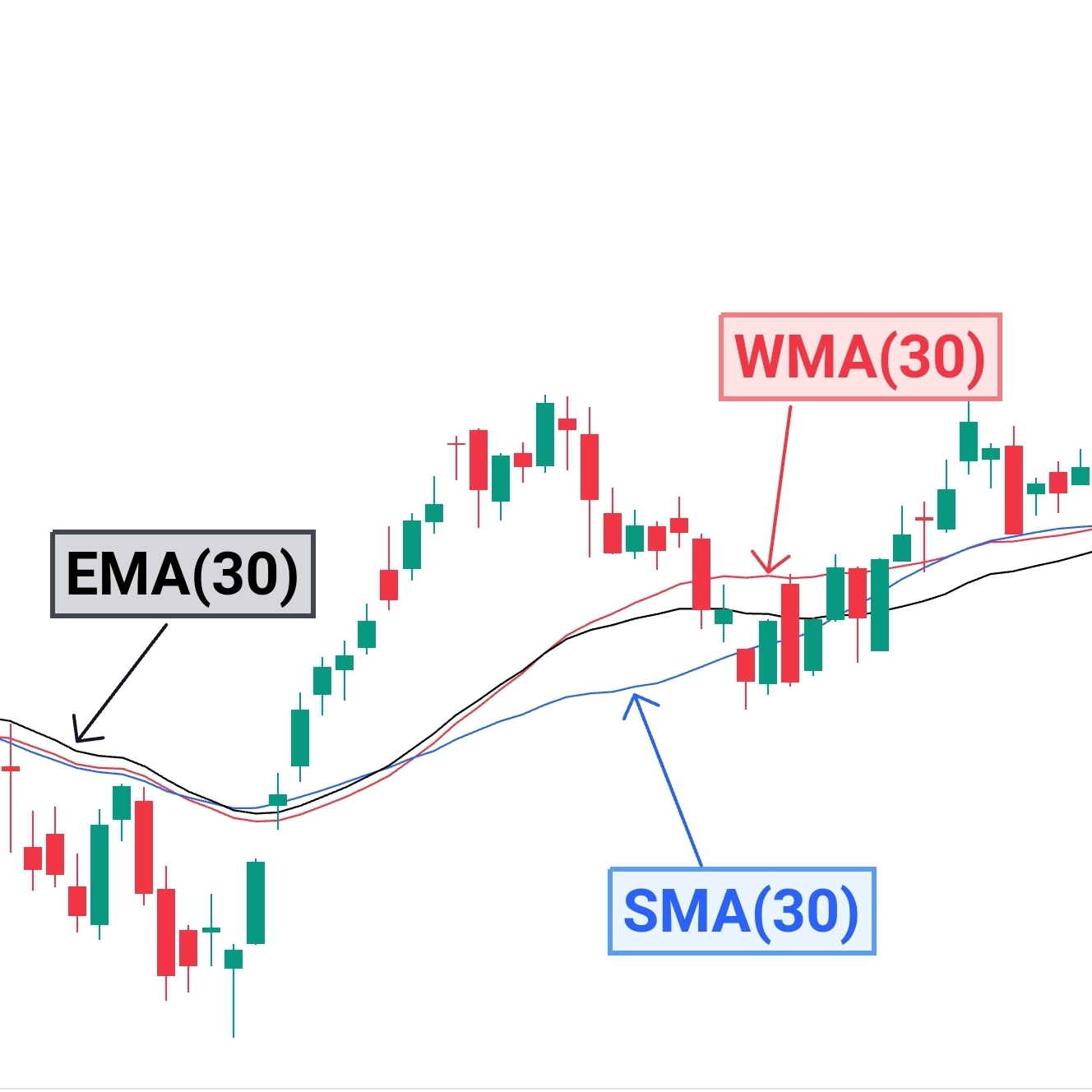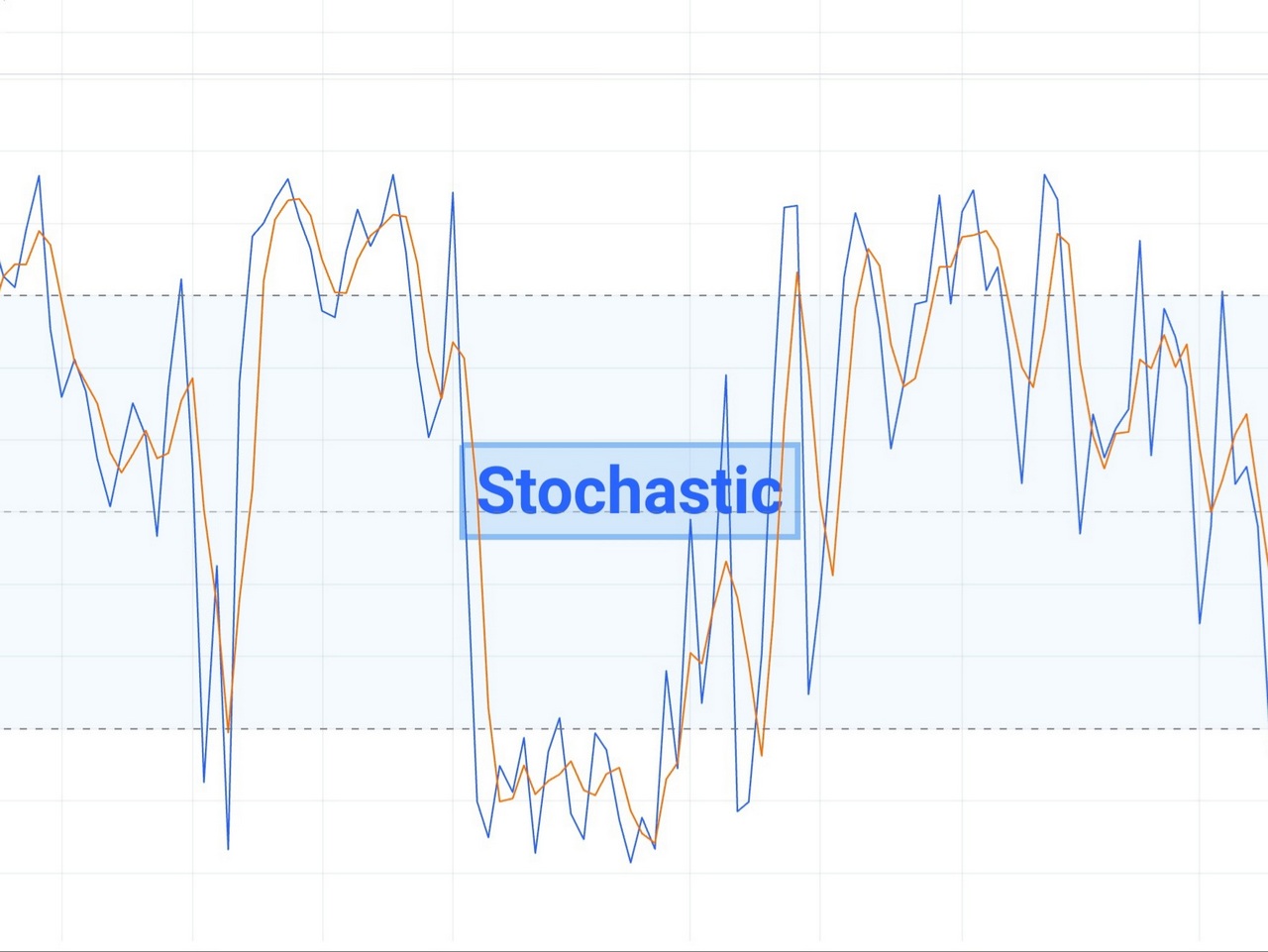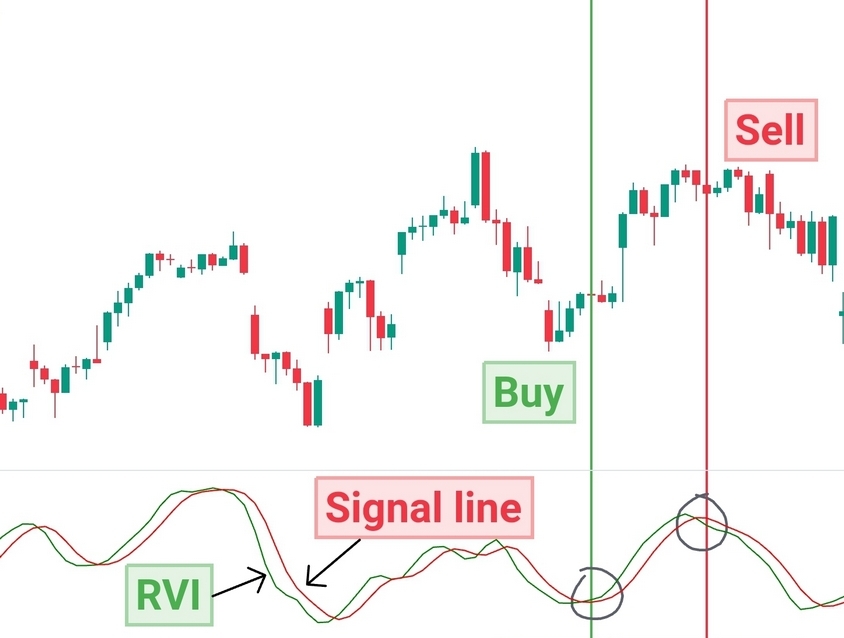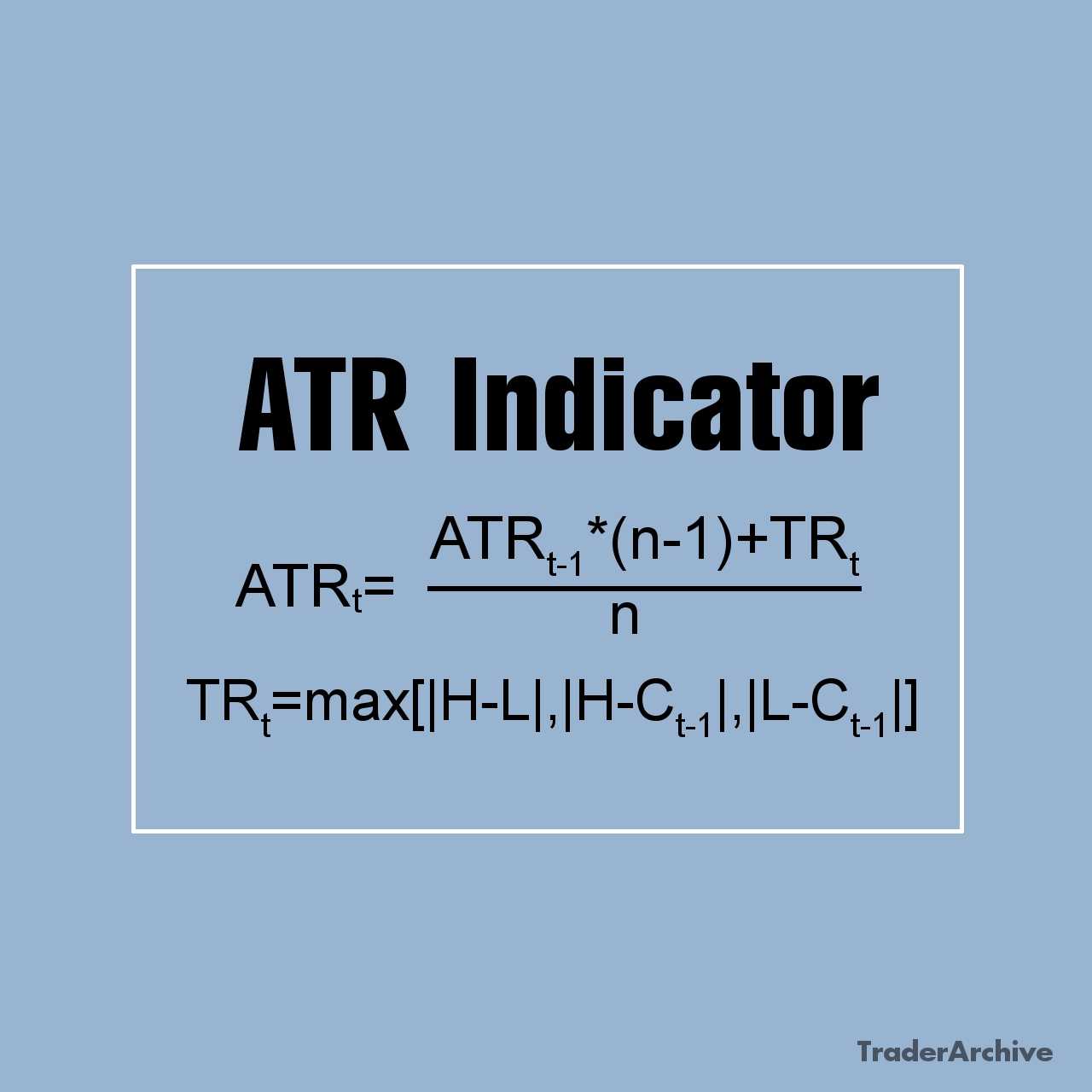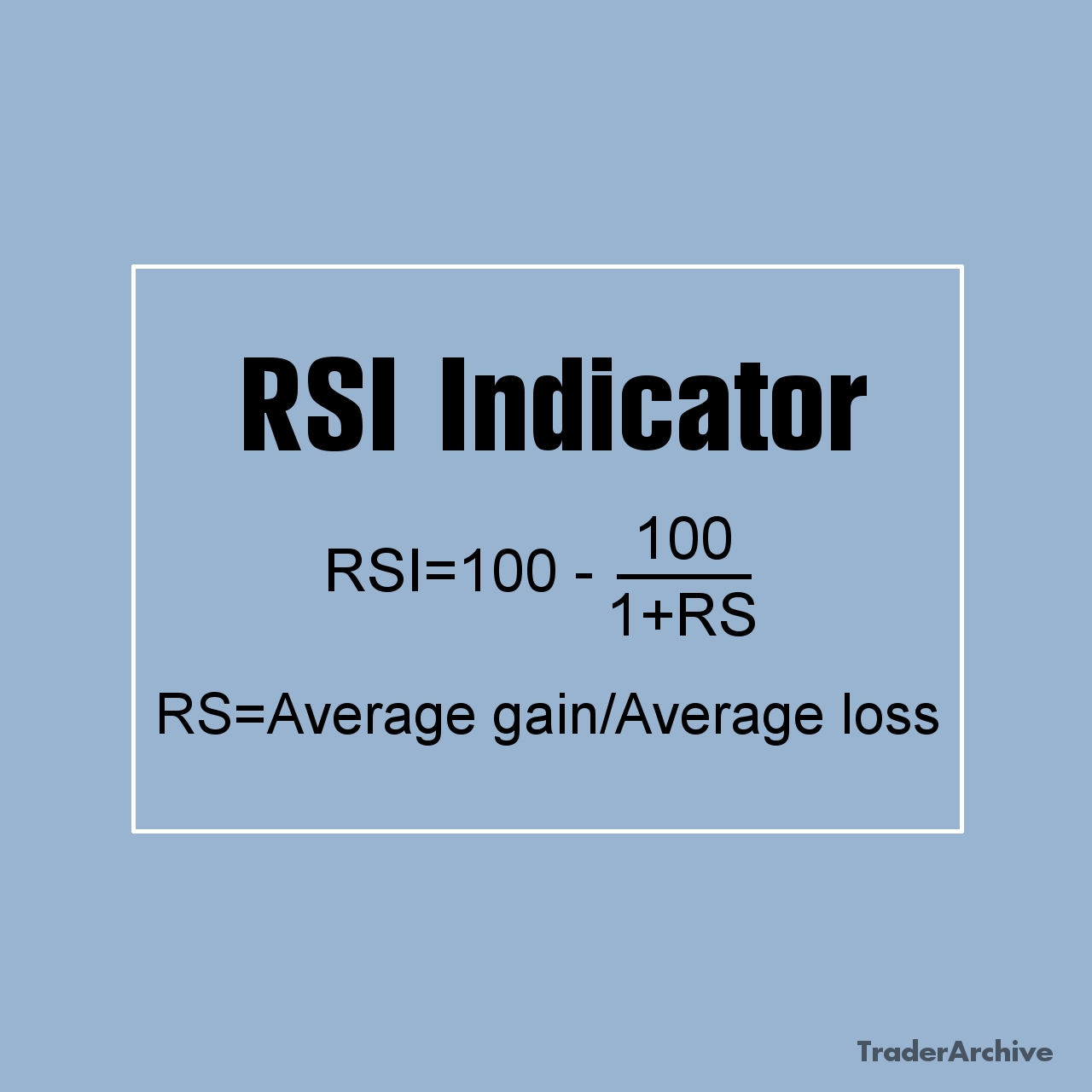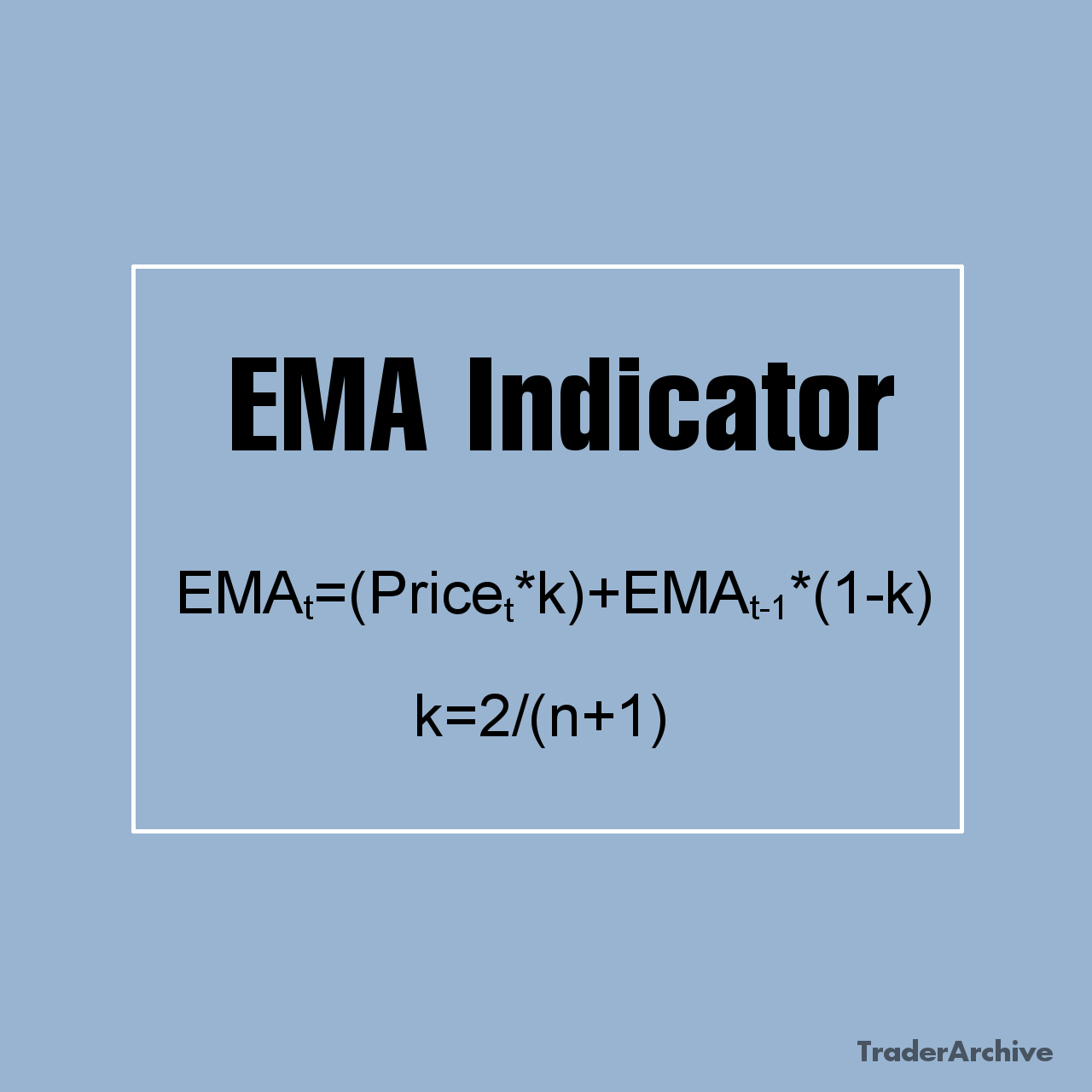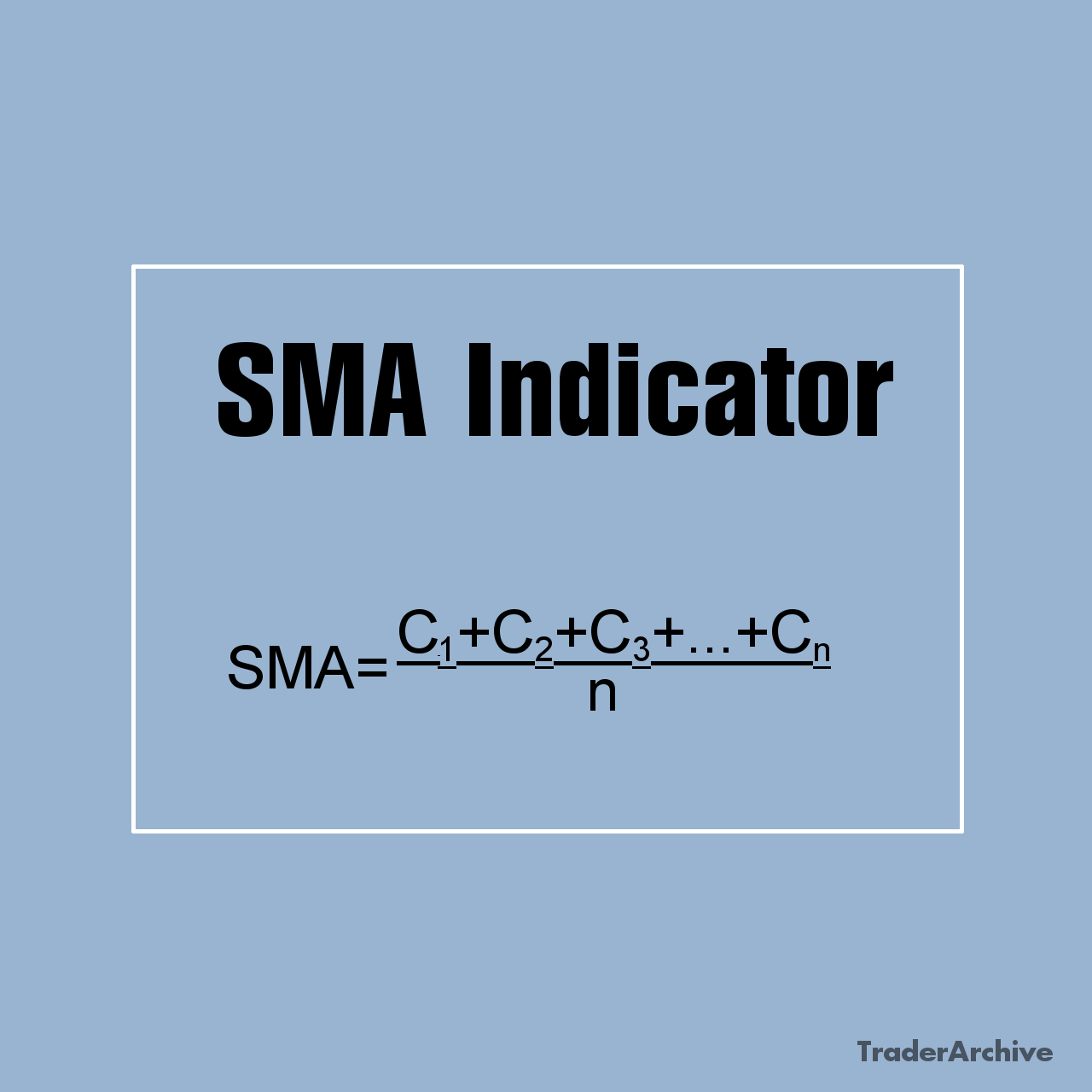In the vast landscape of global finance, stock exchanges stand as towering pillars, facilitating the trading of securities, shaping economies, and reflecting the pulse of financial markets worldwide. From the bustling trading floors depicted in movies to the digital realms of high-frequency trading, stock exchanges have evolved significantly over centuries. In this comprehensive guide, we delve into the intricacies of stock exchanges, exploring their history, functions, types, and their profound impact on the global economy.
Evolution of Stock Exchanges
The origins of stock exchanges can be traced back to the mercantile gatherings of the 17th century, where merchants and traders congregated to buy and sell commodities, shares of joint-stock companies, and bonds. The Amsterdam Stock Exchange, founded in 1602 to trade shares of the Dutch East India Company, is often cited as the world’s first formal stock exchange. This pivotal moment marked the beginning of organized trading in securities.
Over time, stock exchanges proliferated globally, each playing a vital role in their respective regions’ economic development. From the London Stock Exchange, established in 1698, to the New York Stock Exchange (NYSE), founded in 1792, these institutions became synonymous with capitalism and economic progress.
Functions of Stock Exchanges
Stock exchanges serve multifaceted roles within the financial ecosystem:
Facilitating Trading: At their core, stock exchanges provide platforms for the buying and selling of securities, including stocks, bonds, commodities, and derivatives. They offer centralized marketplaces where investors, ranging from individuals to institutional players, can execute trades efficiently.
Price Discovery: Stock exchanges play a crucial role in determining the prices of securities through the interaction of supply and demand. Prices fluctuate in real-time based on market dynamics, reflecting investors’ collective sentiment and expectations about future performance.
Capital Formation: By enabling companies to issue stocks and bonds to raise capital from investors, stock exchanges facilitate capital formation. This process fuels investment in innovation, expansion, and infrastructure, driving economic growth.
Market Transparency: Stock exchanges promote transparency by providing investors with access to real-time market data, company financials, and regulatory filings. This transparency fosters investor confidence and facilitates informed decision-making.
Regulatory Oversight: Stock exchanges enforce listing requirements and regulatory standards to ensure the integrity and fairness of the markets. Regulatory bodies, such as the U.S. Securities and Exchange Commission (SEC) and the Financial Conduct Authority (FCA) in the UK, oversee stock exchange activities, safeguarding investors’ interests and maintaining market stability.
How Stock Exchanges Work
- Listing: Companies looking to raise capital by selling shares to the public can list their stocks on exchanges. This process involves meeting certain regulatory requirements set by the exchange and relevant regulatory bodies.
- Trading: Once listed, securities can be traded by investors in the stock market through brokerage firms. Buyers and sellers place orders through brokers or electronic trading platforms, and transactions are executed based on prevailing market prices.
- Regulation: Exchanges are regulated entities, subject to oversight by government agencies and regulatory bodies. They enforce rules to ensure fair and orderly trading, prevent market manipulation, and protect investors’ interests.
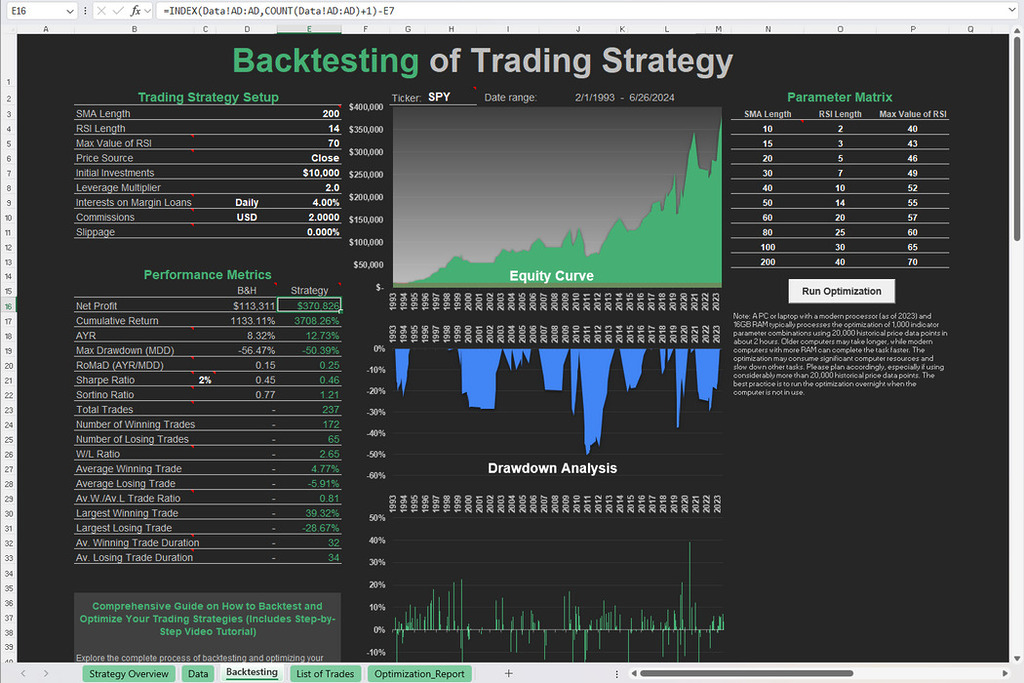
Free Backtesting Spreadsheet
Types of Stock Exchanges
Stock exchanges vary in structure, size, and functionality, catering to diverse market participants and trading preferences. Some common types include:
Primary Exchanges: These are major stock exchanges where companies list their shares for the first time through an initial public offering (IPO). Examples include the NYSE, NASDAQ, London Stock Exchange, and Tokyo Stock Exchange.
Secondary Exchanges: Secondary exchanges facilitate the trading of already-listed securities, providing liquidity to investors without the need for companies to issue new shares. Examples include the NYSE American, Borsa Italiana, and Euronext.
Regional Exchanges: Regional exchanges operate within specific geographic regions, catering to local businesses and investors. While smaller in scale compared to global exchanges, they play a vital role in supporting regional economies. Examples include the Chicago Stock Exchange and the Bombay Stock Exchange.
Electronic Communication Networks (ECNs): ECNs are digital platforms that match buy and sell orders electronically, bypassing traditional exchanges’ intermediaries. They offer fast execution speeds and access to a broader range of market participants. Examples include Instinet and BATS Global Markets.
Market Participants
Stock exchanges facilitate interactions among various market participants, each playing distinct roles:
Investors: Individuals, institutions, and funds that buy and sell securities for investment purposes, seeking capital appreciation, dividends, or portfolio diversification.
Issuers: Companies and governments that issue stocks, bonds, or other securities to raise capital. By listing on stock exchanges, issuers gain access to a broader investor base and enhanced visibility.
Brokers: Intermediaries who execute trades on behalf of investors, charging commissions or fees for their services. Brokers provide market access, research, and advisory services to clients.
Market Makers: Specialized firms or individuals that provide liquidity by quoting buy and sell prices for securities. Market makers facilitate smooth trading by ensuring there are buyers for sellers and vice versa.
Regulators: Government agencies and self-regulatory organizations (SROs) responsible for overseeing stock exchange activities, enforcing compliance with securities laws, and maintaining market integrity.
Top Stock Exchanges by Trading Volume
Trading volume is a key metric used to measure the activity and liquidity of stock exchanges. Higher trading volumes generally indicate more active markets and greater investor participation. Here are the top 10 stock exchanges worldwide by average daily trading volume (as of 02.21.2024):
- New York Stock Exchange (NYSE) – United States
- Nasdaq – United States
- Tokyo Stock Exchange (TSE) – Japan
- Shanghai Stock Exchange (SSE) – China
- Hong Kong Stock Exchange (HKEX) – Hong Kong
- Euronext – European Union
- Shenzhen Stock Exchange (SZSE) – China
- London Stock Exchange (LSE) – United Kingdom
- Toronto Stock Exchange (TSX) – Canada
- Bombay Stock Exchange (BSE) – India
These exchanges represent major financial centers around the world and play significant roles in global capital markets.
Major Stock Exchanges in the United States
The United States is home to some of the world’s largest and most influential stock exchanges. The two primary exchanges are:
New York Stock Exchange (NYSE)
Founded in 1792, the NYSE is the largest stock exchange in the world by market capitalization and boasts a diverse array of listed companies, including many blue-chip stocks. It operates as a traditional auction market, where designated market makers facilitate trading by providing liquidity and maintaining orderly markets.
Nasdaq Stock Exchange
Established in 1971, Nasdaq is known for its electronic trading platform and its focus on technology and growth-oriented companies. It is the second-largest stock exchange in the world by market capitalization and is particularly popular among tech companies, including giants like Apple, Amazon, and Microsoft.
Other notable exchanges
- NYSE American: Formerly known as the American Stock Exchange (AMEX), it primarily lists small-cap and mid-cap stocks.
- Chicago Stock Exchange (CHX): Though smaller in size, it plays a significant role in trading equities, particularly for regional companies.
Impact of Stock Exchanges on the Economy
Stock exchanges wield significant influence on economic growth, job creation, and wealth distribution:
Capital Allocation: By connecting savers with borrowers and facilitating capital formation, stock exchanges allocate resources to productive uses, fueling innovation, entrepreneurship, and job creation.
Wealth Creation: Stock market investments offer individuals the opportunity to accumulate wealth over time through capital appreciation and dividends. Rising stock prices contribute to household wealth and consumer confidence, stimulating economic activity.
Corporate Governance: Listing on stock exchanges subjects companies to rigorous disclosure and governance standards, fostering transparency, accountability, and shareholder protection. Strong corporate governance practices enhance investor trust and attract capital.
Globalization: Stock exchanges serve as gateways to global capital markets, enabling companies to access funding from international investors and expand their operations across borders. This globalization of finance promotes economic integration and diversification.
Market Sentiment: Stock prices often reflect broader economic trends and investor sentiment, serving as leading indicators of economic health. Bullish markets can spur consumer spending and business investment, while bearish markets may signal caution and restraint.
Final Thoughts
Stock exchanges represent the beating heart of global finance, channeling capital, facilitating trade, and shaping economic landscapes. From their humble beginnings in centuries past to the digital behemoths of today, stock exchanges have evolved in tandem with technological advancements and changing market dynamics. As the engines of capitalism, they continue to play a pivotal role in driving economic growth, fostering innovation, and democratizing access to investment opportunities. Understanding the inner workings of stock exchanges empowers investors to navigate financial markets with confidence and seize opportunities for wealth creation and prosperity.
Share on Social Media:


